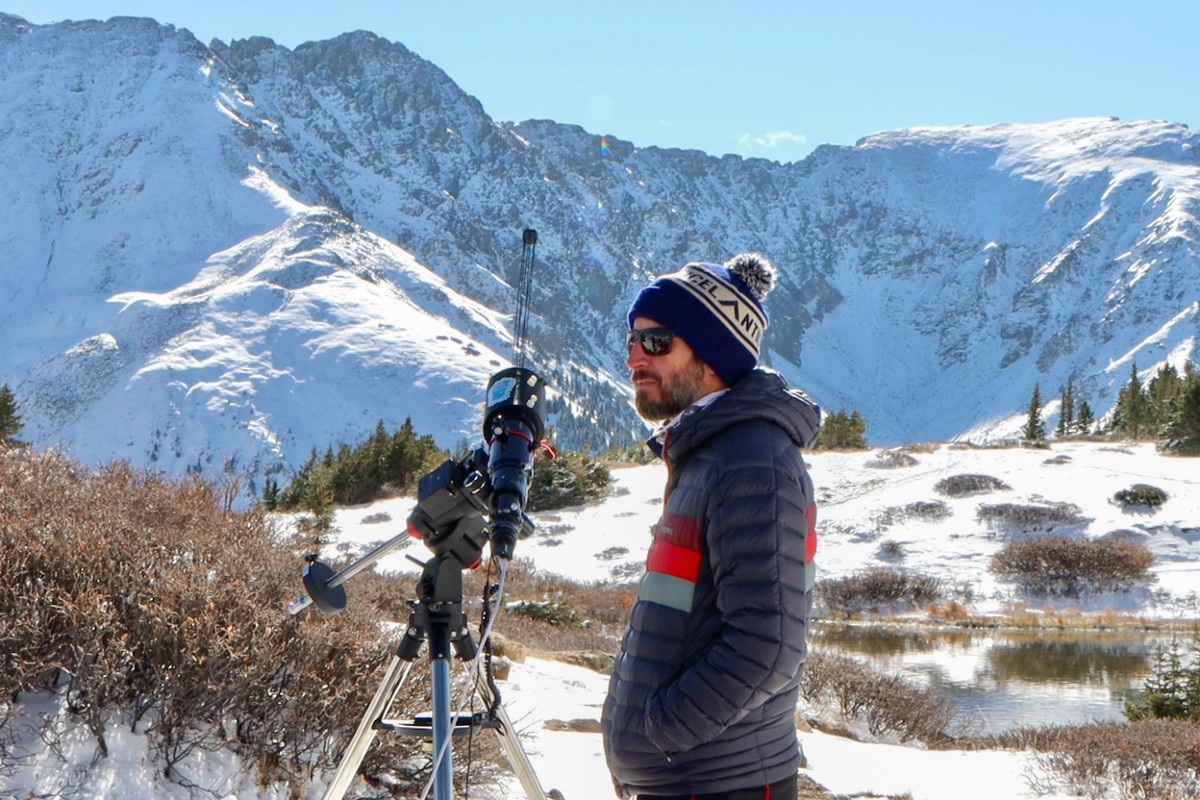
"In the summer of 1999, I was a 19-year-old with an interest in astronomy, but no real idea of what I wanted to do with my life - then I saw my first total solar eclipse."
"This experience made me realize that I could actually pursue a career in astronomy research, altering the course of my life fundamentally."
"After I graduated, the time I gained calibrating and analysing solar observations was enough to land me a job at the Smithsonian Astrophysical Observatory."
"I now study the dynamics of the corona that produce both explosive flares and comparatively gentle outflows that become solar wind."
An experience viewing a total solar eclipse in 1999 transformed a young student's life, revealing a path in astronomy research. Participating in the Keck Northeast Astronomy Consortium granted access to research opportunities, leading to a significant career. Following graduation, the student worked at the Smithsonian Astrophysical Observatory, contributing to solar research and eventually pursuing a PhD focused on solar phenomena. Current research centers on the solar corona's dynamics, exploring both flares and solar wind due to magnetic processes.
Read at Nature
Unable to calculate read time
Collection
[
|
...
]